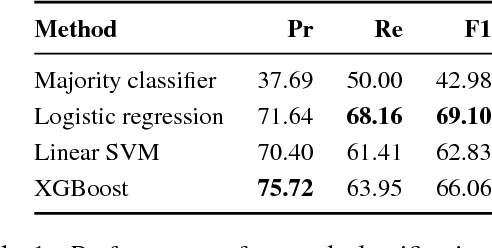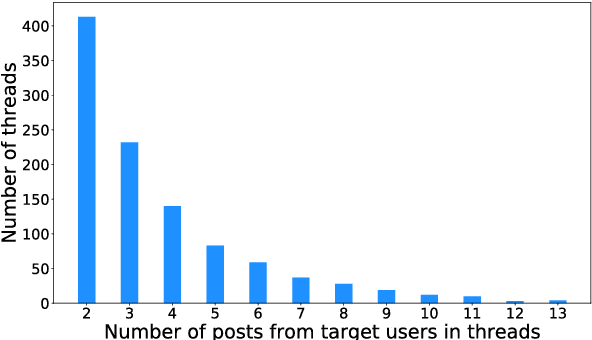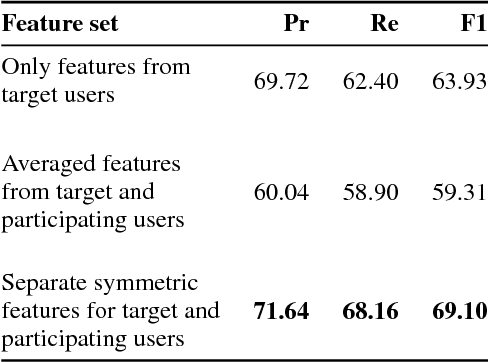Julien Han
C-3DPO: Constrained Controlled Classification for Direct Preference Optimization
Feb 22, 2025Abstract:Direct preference optimization (DPO)-style algorithms have emerged as a promising approach for solving the alignment problem in AI. We present a novel perspective that formulates these algorithms as implicit classification algorithms. This classification framework enables us to recover many variants of DPO-style algorithms by choosing appropriate classification labels and loss functions. We then leverage this classification framework to demonstrate that the underlying problem solved in these algorithms is under-specified, making them susceptible to probability collapse of the winner-loser responses. We address this by proposing a set of constraints designed to control the movement of probability mass between the winner and loser in the reference and target policies. Our resulting algorithm, which we call Constrained Controlled Classification DPO (\texttt{C-3DPO}), has a meaningful RLHF interpretation. By hedging against probability collapse, \texttt{C-3DPO} provides practical improvements over vanilla \texttt{DPO} when aligning several large language models using standard preference datasets.
Structured Object Language Modeling (SoLM): Native Structured Objects Generation Conforming to Complex Schemas with Self-Supervised Denoising
Nov 28, 2024Abstract:In this paper, we study the problem of generating structured objects that conform to a complex schema, with intricate dependencies between the different components (facets) of the object. The facets of the object (attributes, fields, columns, properties) can be a mix of short, structured, type-constrained facts, or long natural-language descriptions. The object has to be self-consistent between the different facets in the redundant information it carries (relative consistency), while being grounded with respect to world knowledge (absolute consistency). We frame the problem as a Language Modeling problem (Structured Object Language Modeling) and train an LLM to perform the task natively, without requiring instructions or prompt-engineering. We propose a self-supervised denoising method to train the model from an existing dataset of such objects. The input query can be the existing object itself, in which case the model acts as a regenerator, completing, correcting, normalizing the input, or any unstructured blurb to be structured. We show that the self-supervised denoising training provides a strong baseline, and that additional supervised fine-tuning with small amount of human demonstrations leads to further improvement. Experimental results show that the proposed method matches or outperforms prompt-engineered general-purpose state-of-the-art LLMs (Claude 3, Mixtral-8x7B), while being order-of-magnitude more cost-efficient.
Helping or Hurting? Predicting Changes in Users' Risk of Self-Harm Through Online Community Interactions
Apr 19, 2018



Abstract:In recent years, online communities have formed around suicide and self-harm prevention. While these communities offer support in moment of crisis, they can also normalize harmful behavior, discourage professional treatment, and instigate suicidal ideation. In this work, we focus on how interaction with others in such a community affects the mental state of users who are seeking support. We first build a dataset of conversation threads between users in a distressed state and community members offering support. We then show how to construct a classifier to predict whether distressed users are helped or harmed by the interactions in the thread, and we achieve a macro-F1 score of up to 0.69.
 Add to Chrome
Add to Chrome Add to Firefox
Add to Firefox Add to Edge
Add to Edge